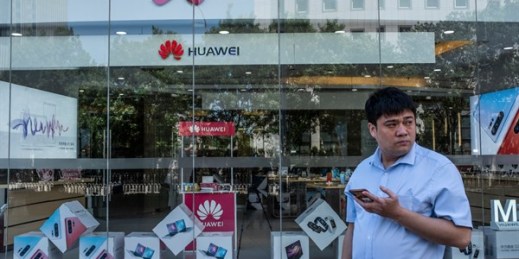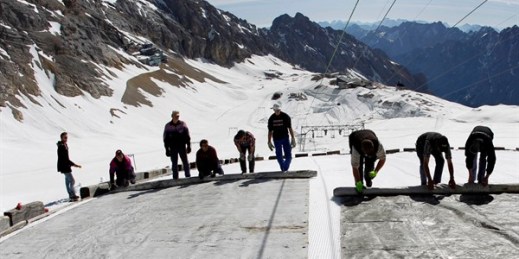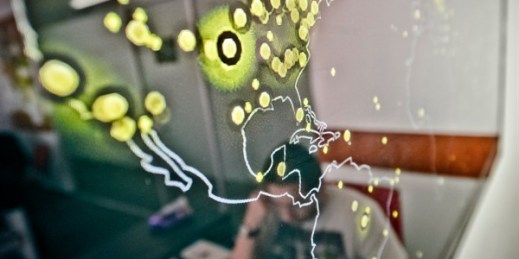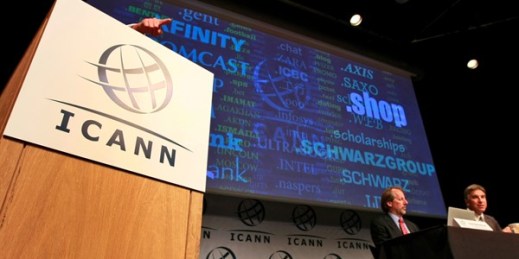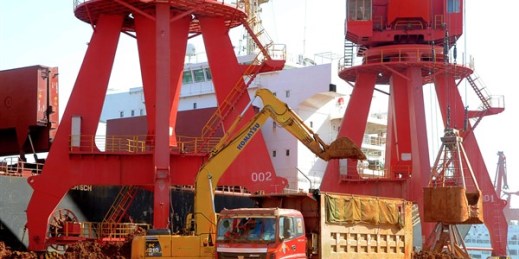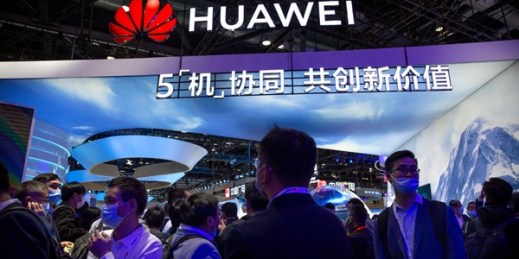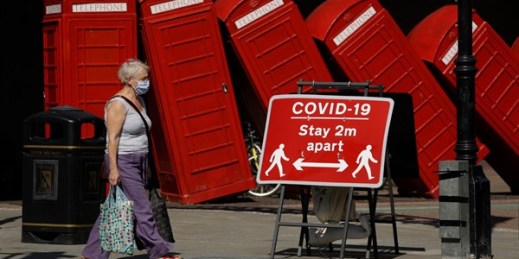
There were grim anniversaries last week, a year since the first coronavirus lockdown in the United Kingdom. This time last year, I had developed a strange, breathless cough that didn’t go away for eight weeks. But I was one of the lucky ones. More than 127,000 people in the U.K. didn’t make it. The U.K. may have been overtaken more recently by other European countries, like the Czech Republic and Hungary, for the unhappy distinction of having the highest COVID-19 death rate per capita in the world, but it’s still close to the top spot, as is the United States. […]

